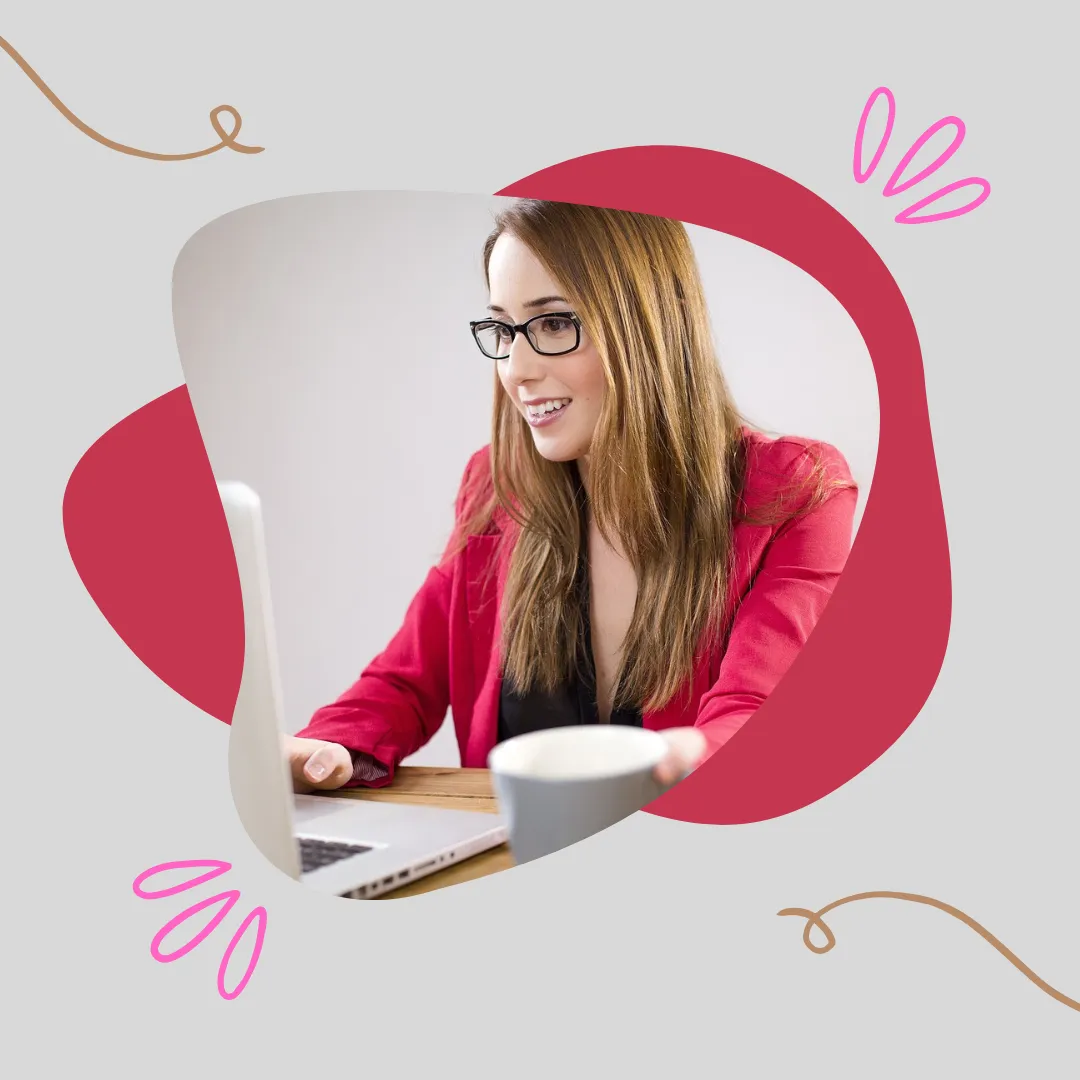
404
Oops! This page cannot be found.
It looks like nothing was found at this location.
© Copyright 2025 Living a Wholistic Life - Privacy Policy - Terms & Conditions
FREE DOWNLOAD

© Copyright 2025 Living a Wholistic Life - Privacy Policy - Terms & Conditions
FREE DOWNLOAD